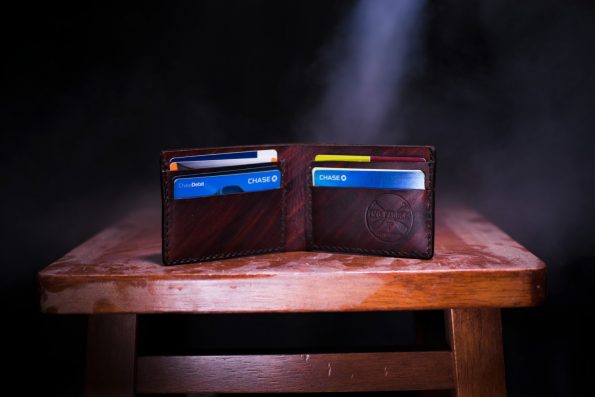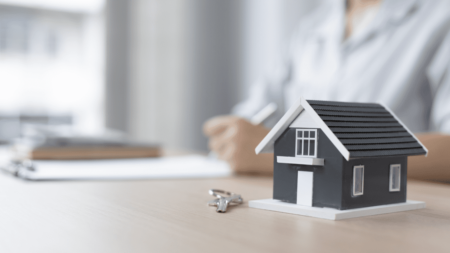A credit card is a safe and flexible way to pay bills and can be a good way to spread the cost of major procurement. Credit cards allow you to borrow money up to an established limit, which must be repaid when due.
Note that, you will be charged an interest fee if you do not pay your balance in full as at when due. Also, you’ll be fined for late payment. Timely payment can help build your credit score.
How a Credit Cards Work
A credit card is considered a short-term loan from a credit issuer. A credit card utilizes the issuer’s money and then charge you later. Your purchase activities are reported to the credit bureaus, thus, using credit cards responsibly can help boast a good credit score.
Your credit history comes into play when you need to apply for bigger loans such as a mortgage, a car, a loan or an apartment.
Key Players Involved
The major players involved in approval and settlement are the cardholder, the merchant, the acquiring bank, the issuing bank, and the card associations
Cardholder
A cardholder is someone who obtains a credit or debit card from a card issuing bank using the account to pay for goods or services.
Merchant
A merchant is any business that offers goods or services. Only merchants accept cards as a means for payment. A merchant is any business that keeps a merchant account and accepts credit cards in exchange for goods or services provided.
Merchant Bank
A merchant bank also is known as an acquiring bank creates and maintains merchant accounts, which allows the business to accept credit or debit cards. A merchant bank also deposits money from credit card sales into a merchant’s account.
Issuing Bank
The issuing bank provides credit cards to customers. They are a member of the card association. Issuing banks pay to merchant banks for any procurement their cardholders make, afterward, the Cardholder is required to repay the fund under the terms of their credit card agreement.
Card Association
The card associations (Visa and MasterCard) are the body that governs the members of their association. They set interchange fees, qualification guideline; act as an intermediary between issuing and acquiring bank among other rules.
Payment Processors
They are companies that process credit and debit card transactions. They link merchants, merchant banks, card networks, and other parties to make card payments possible.
Credit Card Payment Calculator
Calculating your credit card balance is not difficult. Start by finding out the
- Minimum payment
This is usually set by your credit card company. The outcome is based on your balance. The duration of your payment may be much greater than calculated if you enter a low promotional interest rate.
- Interest Rate
To find out the monthly interest rate set on your balance, first
- Find out how much interest is charged on your card
- Convert the annual rate to a monthly rate by dividing by 12
- Multiply the monthly rate by your balance
- The answer is how much you are charged on interest
If your card issuer is charging you daily, then
- Convert to a daily rate by dividing the annual rate by 365
- Calculate the daily interest charge
- Then add the charge to your account balance
If I Pay My Credit Card Early Can I Use It?
You can use your credit card again if you pay early. Your available credit lessens by the amount of any procurement you make and surges by the amount of any payment.
Hence, paying your credit card bill early and regularly can help you avoid reaching your spending limit and having a purchase declined.
If I Pay Minimum Credit Card Payment, Do I Get Charged Interest?
You would not be getting any late fees if you pay the minimum credit card payment. Though, you will still have to pay interest on the balance you did not pay. This can affect your credit card in one or two ways.
- It’ll surge up your interest charges
- It could lessen your credit score.
- It might take forever to offset your debt
How to Pay Credit Card bill with Cash?
Cardholders can pay their credit card bills to the bank using cash. To achieve this, the teller can swipe the card to bring up the account information, find the balance and make payment.
Be sure to collect proof of payment (receipt) and confirm the deposit by checking the account online or contacting the customer service.







